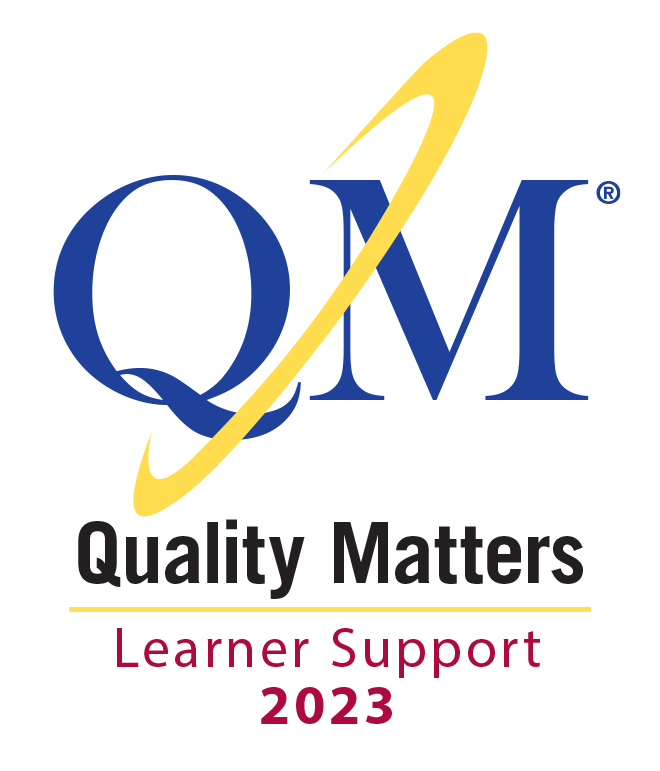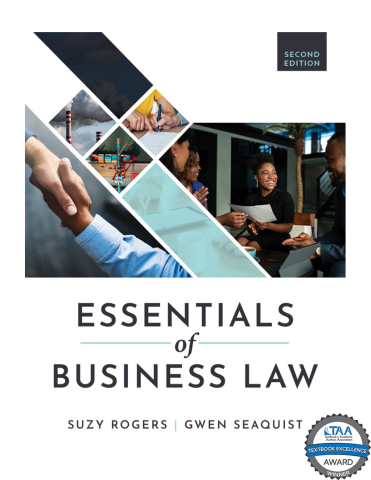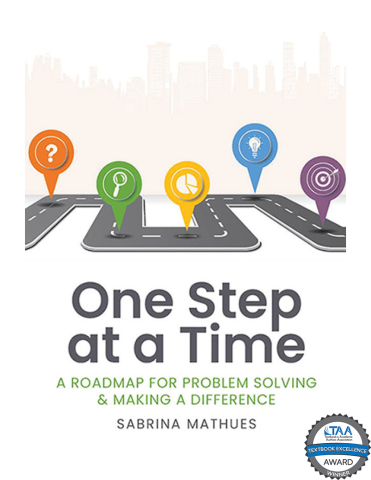Questions? Request Information
UAGC Award-Winning Curriculum
Degree Completion Journey
Break into the world of organizational management when you embark on your associate degree at the University of Arizona Global Campus. Your coursework will focus on important topics in organizational management, including management and supervision, leadership, group behavior, change management, and interpersonal communication. The effects of corporate and social responsibility on organizational management will also be addressed.
To earn your associate degree in organizational management at the University of Arizona Global Campus, you must complete 67 credits. A total of 18 credits must be completed at UAGC to meet the residency requirement. You may be able to transfer approved credits from community colleges, other previous college coursework, or other life experiences such as military service or job training toward your degree.
Upon completion of your associate degree at UAGC, you can transfer your credits toward any one of the bachelor’s degree programs at UAGC.
*In this program, 9 credits from the major may also satisfy General Education requirements.
This program is not designed to meet the state educational requirements for a specific professional license or certification in any state. Students seeking licensure or certification in a particular profession shall carefully research the requirements prior to enrollment and regularly review the requirements as they are subject to change. Requirements vary by state. The University of Arizona Global Campus does not guarantee that any professional organization will accept a graduate’s application to sit for any exam for the purpose of professional certification. Further, a criminal record may prevent an applicant from obtaining licensure, certification, or employment in their field of study.
The Online Teaching Support Certification recognizes programs that require all online faculty to undergo training in best practices for online course delivery, provide faculty with ongoing pedagogical support, encourage faculty professional development to increase their knowledge and skill in online teaching, emphasize instructor availability and feedback to learners, and collect and use feedback from learners to improve online teaching. Learn More

The Online Learner Support Certification recognizes programs that provide all the critical student and academic services needed for learner success and use learner feedback to continuously improve those services.

Careers Related to Associate of Arts in Organizational Management


U.S. Department of Labor data regarding salary ranges and job growth projections are national in nature and do not guarantee employment, any specific salary, or job growth. Also, national long-term projections may not reflect local and/or short-term economic or job conditions. Top Skills are provided via Lightcast job postings data and may not align with UAGC program learning outcomes. UAGC programs are not designed to meet the state educational requirements for a specific professional license or certification in any state. UAGC does not guarantee employment placement, any specific salary from employment, or career advancement.
Meet Our Faculty

College of Professional Advancement
Stephanie Heald-Fisher, PhD
Program Chair, Organizational Management - Associate Professor

College of Professional Advancement
William Woods, PhD
Lead Faculty - Professor

College of Professional Advancement
Breon Haskett, PhD
Lead Faculty in Organizational Management - Assistant Professor
Other Degrees That May Interest You
You’ll find degree programs that suit a variety of interests and may enhance a wide scope of career opportunities at UAGC. Explore similar programs to find the right path for you.



